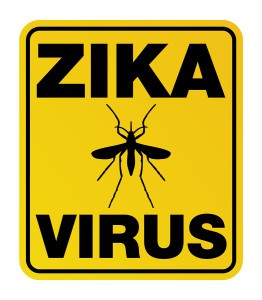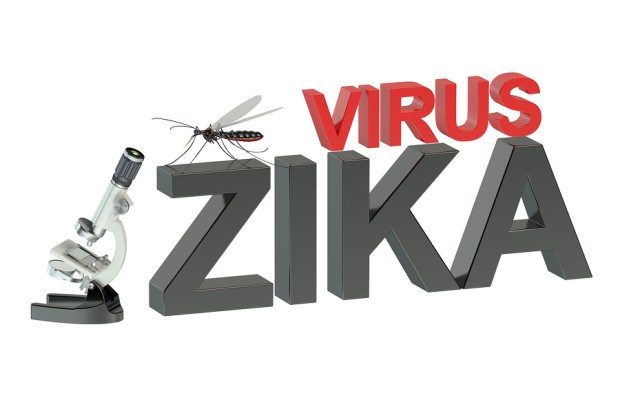 Insurers must prepare for numerous liability risks as the Zika virus continues to spread internationally, a Marsh executive cautions.
Insurers must prepare for numerous liability risks as the Zika virus continues to spread internationally, a Marsh executive cautions.
“Organizations in a number of industries – including hospitality, real estate, sports, entertainment and airlines – may face direct exposures if people begin canceling travel plans or if employees become infected,” Christian Ryan, Marsh’s U.S. Hospitality and Gaming Practice Leader, wrote in a Jan. 29 blog posting.
Businesses are concerned to the point that some airlines and cruise lines started offering refunds to passengers who have tickets to affected areas, Ryan said. Ryan added that there’s even anxiety about the Summer Olympics, which will take place in Brazil, and so companies and organizations “are looking ahead to potential impacts of the virus” at that point.
The Zika virus is apparently the most risky for pregnant women, and reaches humans through infected mosquitos. As the New York Times reported on Feb. 1, the World Health Organization declared a public health emergency regarding the virus and its suspected link to birth defects. First detected in Brazil 8 months ago, the Zika virus outbreak has spread to more than 20 Latin American countries, according to the story.
Ryan, in his blog posting, said the outbreak could particularly bring property insurance and workers compensation into play.
Property insurance could get triggered if the World Health Organization or local authorities impose travel restrictions. With that in mind, Ryan cautioned that insurance recovery under property policies could be limited.
“Most civil authority coverage within business interruption property policies requires a covered or non-excluded peril and physical damage most likely to trigger coverage, ” Ryan said.
Ryan noted that some hospitality and gaming companies or other firms in related businesses already have some type of this coverage for “loss of attraction.” If they do, notifiable disease is one of the triggers, he said.
Ryan said that domestic workers compensation and foreign voluntary workers compensation coverage could become necessary, assuming the worker contracts the Zika virus “while on assignment outside of the U.S. Ryan said that some insurers recently tried to add exclusions to their foreign voluntary workers compensation policies that would limit infectious disease exposures.
Source: Marsh




















 Florida Gets 8 New P/C Carriers After Insurance Market Reforms
Florida Gets 8 New P/C Carriers After Insurance Market Reforms  Viewpoint: You’re at a Competitive Disadvantage If You’re Not Innovating
Viewpoint: You’re at a Competitive Disadvantage If You’re Not Innovating  Pennsylvania Issues ‘Expectations’ for Carriers Regarding AI Use
Pennsylvania Issues ‘Expectations’ for Carriers Regarding AI Use  Survey: Majority of CA/FL Homeowners See Rise in Insurance Costs, Coverage Changes
Survey: Majority of CA/FL Homeowners See Rise in Insurance Costs, Coverage Changes 





